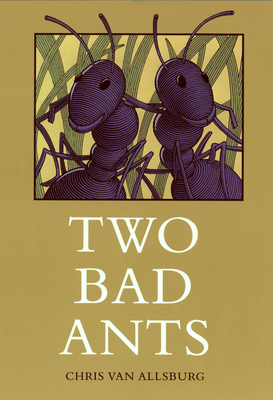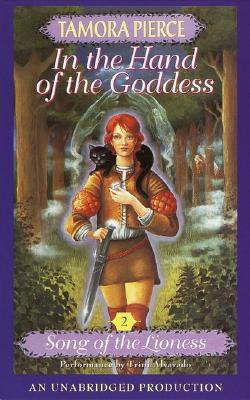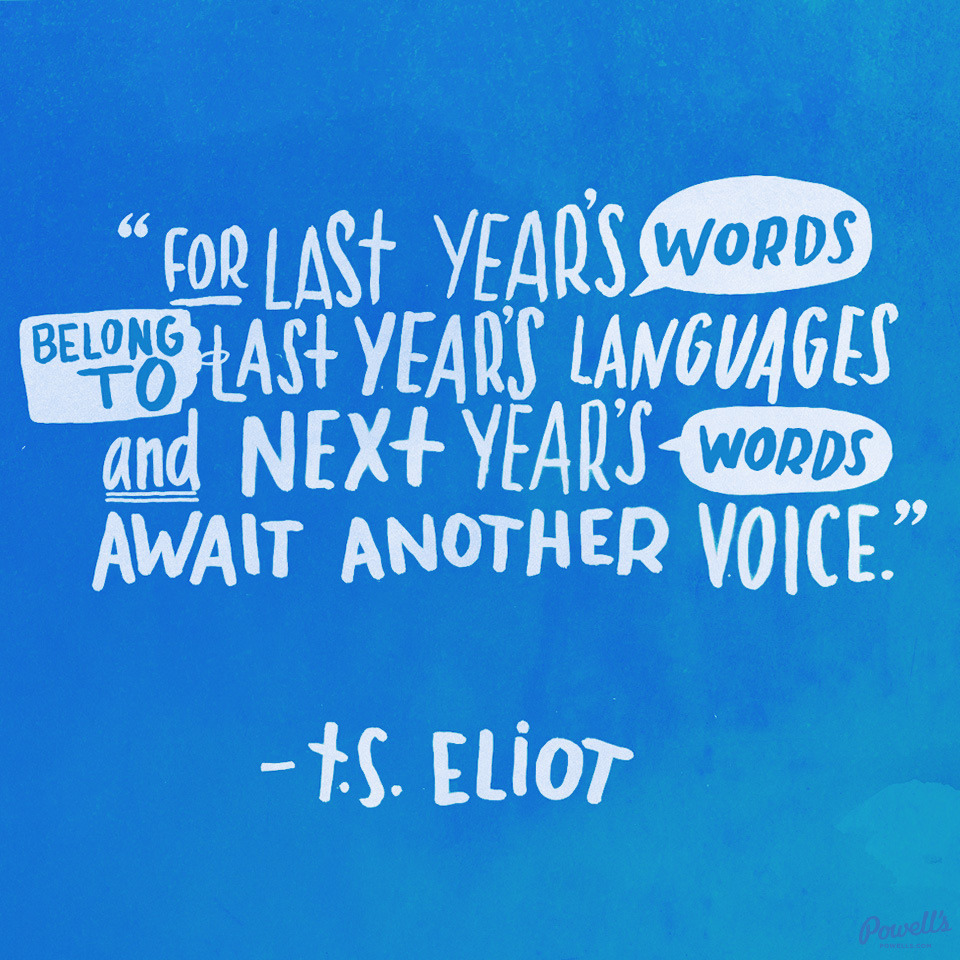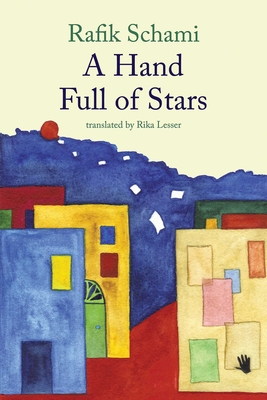 When I heard the premise of Caminar–a novel-in-verse about a boy living during Guatemala’s civil war–I knew I was in for something special. Add this to the fact that Skila Brown is a fellow Candlewick author, and I was psyched to see this one show up in my mailbox. Reading Caminar was an emotionally rich experience, and I’m so excited for other readers to discover it. Here are a few of my reasons to read Caminar:
When I heard the premise of Caminar–a novel-in-verse about a boy living during Guatemala’s civil war–I knew I was in for something special. Add this to the fact that Skila Brown is a fellow Candlewick author, and I was psyched to see this one show up in my mailbox. Reading Caminar was an emotionally rich experience, and I’m so excited for other readers to discover it. Here are a few of my reasons to read Caminar:
1. Poetry in Motion
Although I enjoy poetry, I’d never read a novel in verse so I didn’t know what to expect. Holy cow, was I impressed. Brown’s writing is powerful, and the verse feels like the perfect vehicle to convey all the hope and fear and sadness and confusion in Carlos’s story. There are so many beautiful and heartbreaking lines I want to share, but I’m holding back because getting to experience them firsthand is way better.
2. Chopán
Although Chopán is not a real place, Brown makes it come alive on the page and uses this village as a way to share the very real experiences of Guatemalan villagers during this tumultuous time. I loved getting to see a little of Carlos’s life, his friends, his family, and how their lives all intersected.
3. Guatemala
I didn’t know much about Guatemala outside of the fact that it’s a Central American country. Learning about the political turmoil was fascinating, and getting to see its side effects on people like Carlos was heartbreaking. A necessary book for anyone interested in international struggles, no matter what your age.
4. Carlos
What a phenomenal narrator. Again, not having read a novel in verse, I wasn’t sure how I’d connect with the protagonist, but Carlos comes alive on the page and it’s so easy to see his development through the book. He’s a thoughtful, dynamic character whom younger readers will easily relate to. Partway through the book, I realized that the poetic narration was so much a part of Carlos’s character–it felt like such a natural way to convey his thoughts in terms of image and rhythm and format. It was another cool way to discover an engaging protagonist.
5. Being a Boy, Being a Man
There’s a theme throughout about what it means to be a boy and what it means to be a man. Carlos is caught between the two as he tries to understand his place among his fellow villagers, the rebels, and the army. Even though most readers won’t be dealing with a situation that intense, I think a lot of young people will be able to relate to Carlos’s struggle with what it means to grow up, especially with so many expectations and pressures on their shoulders.
6. Old Stories and Ways
Although Caminar is set in the recent past, I loved getting a glimpse of how Carlos and his village were still connected to pre-colonial ways of life. Carlos learned about nahuales (a kind of spirit animal that appears when boys become men) from Santiago Luc, the oldest man in Chopán. I loved getting a glimpse at how kids like Carlos play soccer and hear about these old traditions. Similarly people from other villages speak languages other than Guatemela’s official language of Spanish, a nice reminder that the country’s history is so long and so varied.
7. Someone to Walk With
Miguel, Ana, Hector, and Paco are other children affected by the war and whom Carlos meets while journeying to his grandmother’s village.They added so many wonderful layers to the story–grief and anger of their own, but also hope and levity. I know that readers will grow just as attached to them as I was.
8. The Complications of War
Brown doesn’t shy away from the complex nature of the Guatemalan conflict. Soliders and rebels are all presented as real people, who can play soccer with the village boys and share a meal and also commit of horrifying war crimes. This is not a case of good vs. bad and wrong vs. right, and I love that readers get a glimpse of how complex and dangerous the situation was for Carlos and others just trying to survive.
9. On the Syllabus
There are some books that make me wish I was a teacher just so I could share it with a class. Caminar would be the perfect book for a middle school classroom. In addition to being a great book for general classroom discussions, teachers could use it to talk about Central American history and geography, introduce students to reading and writing poetry, and even get some Spanish vocabulary in there. I expect this book to be on a ton of school and library reading lists very soon.
10. Skila Brown
Skila is a fellow Candlewick author and such a lovely person. She was one of the first OneFours to read The Chance You Won’t Return and send me such kind thoughts about it–it made me feel way better about my book going out into the world. I was so excited to read Skila’s book, and holy cow did I want to write her a glowing email about her work. She’s such a thoughtful, passionate, talented person, and I know that she’s going to make a huge mark on the world of children’s literature.
Caminar is out now, so get your copy today!





